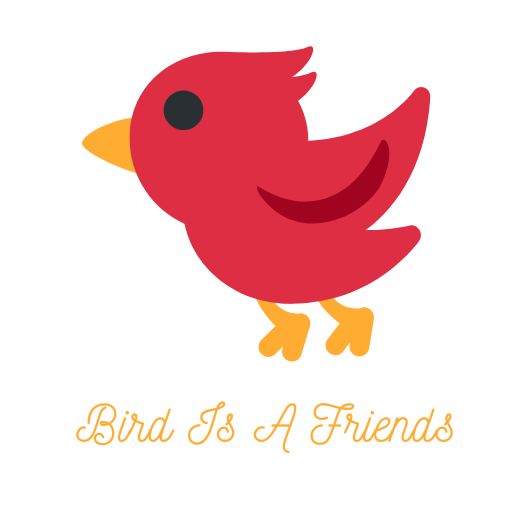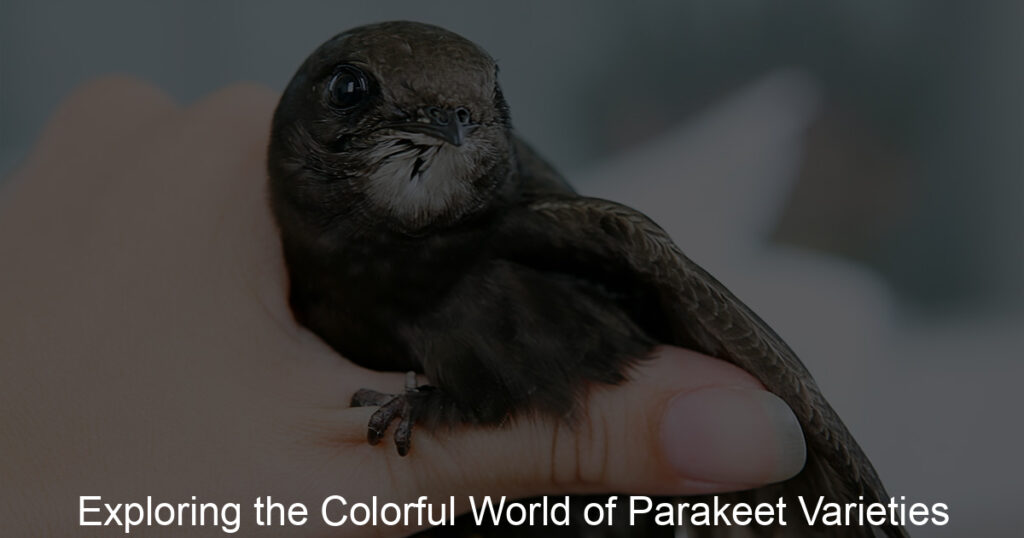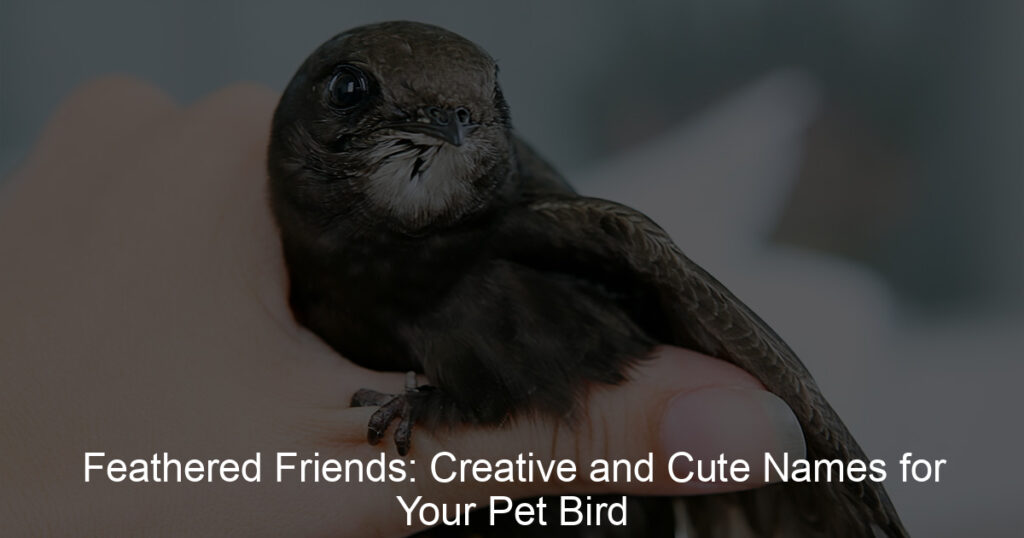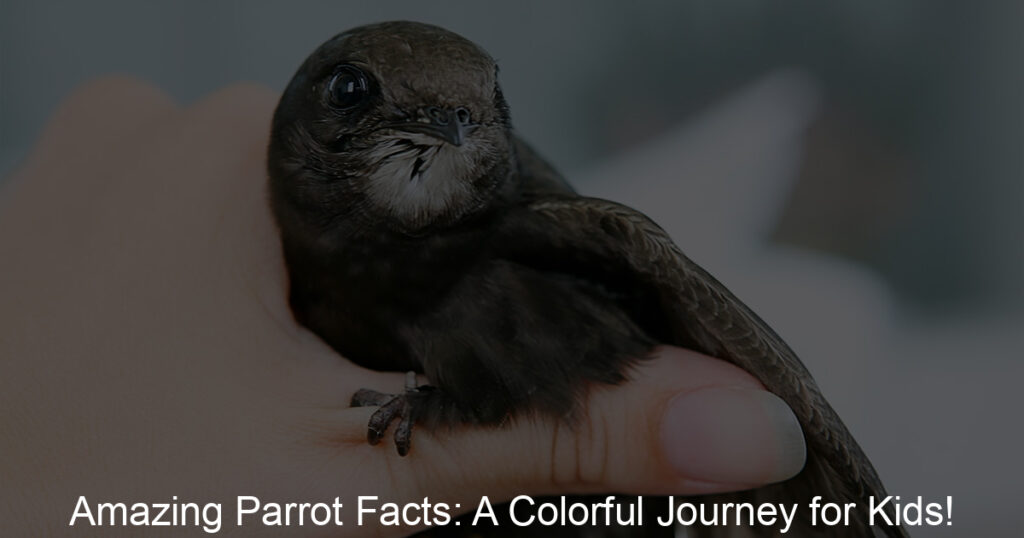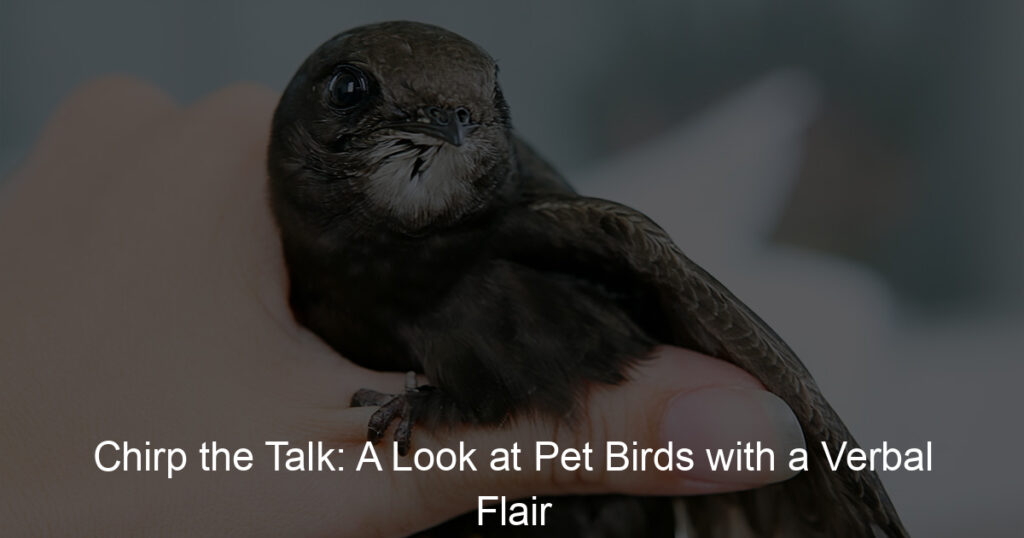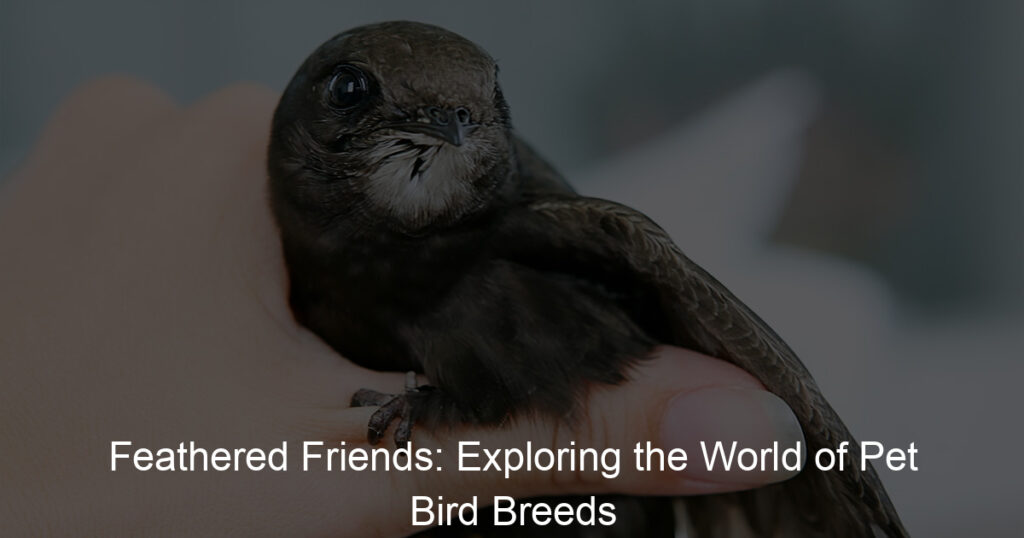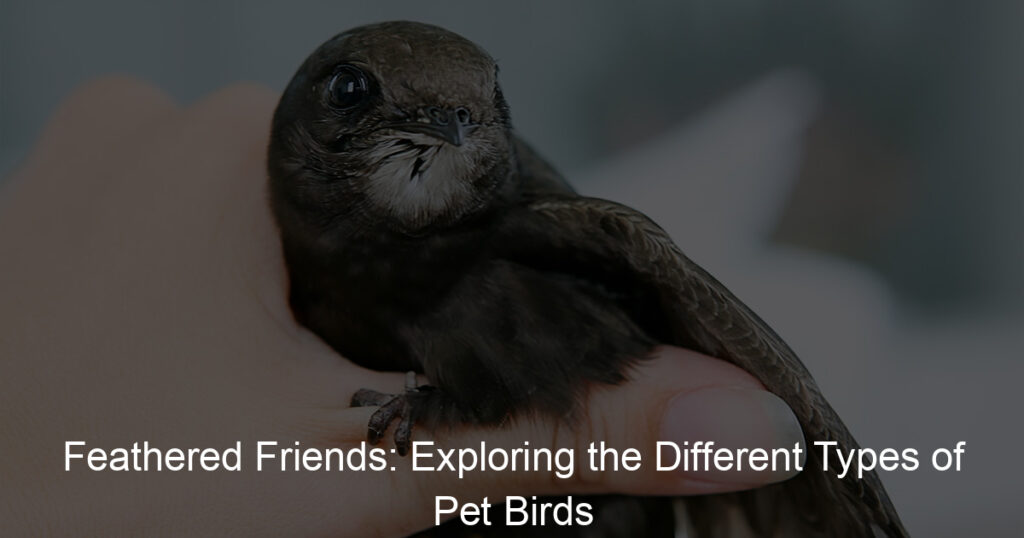Have you ever wondered if keeping a pet bird can lead to loneliness? Many of us are familiar with the joys of owning a pet; from companionship and snuggles to having someone there for us in times of need. But what about birds? Can they feel lonely too, or do their wings give them the freedom to stay away from these emotions?
In this blog post, we’ll discuss why birds may be more prone to loneliness than other pets, as well as how owners can recognize the signs and prevent it from becoming an issue for their feathered friends.
How can you tell if a bird is sad?
Determining if a bird is sad can be tricky; birds are not nearly as expressive as their human counterparts! The best indication of a bird’s emotional state is its behavior. When a bird begins to act lethargic, starts avoiding interactions with family or other birds, or stops singing, chirping, or participating in their usual activities, then it is time to investigate further and assess the situation.
Looking for changes in the physical condition of the bird could also provide an indication of sadness or depression. If feathers are being plucked out excessively, for example, this may be a clue that something is wrong and an underlying issue needs to be addressed.
On the other hand, if your feathered friend appears happy and content with its environment and lifestyle, chances are he or she really is!
Do caged birds get lonely?
For centuries, people have kept birds in cages as beloved pets. But for all the joy a caged bird can bring to their human companion, the question of their emotional well-being must be asked: Do caged birds get lonely? Unfortunately, it is impossible to know for certain because even the most intelligent birds cannot communicate complex emotions in a language we can understand.
Still, there are some signs that can help us gain insight into our feathered friends’ emotional lives. First, there is research suggesting that the cage environment affects a bird’s overall well-being. Birds deprived of natural light and fresh air may become lethargic or show signs of depression or anxiety. Likewise, a social species may become moody if they don’t have other feathered flockmates to interact with.
Fortunately, there are steps pet owners can take to make sure their birds remain healthy and happy while they live in captivity. Providing larger cages with plenty of space to move around freely, offering lots of stimulating toys and activities, and interacting with them regularly can all contribute to making a caged bird feel content in its environment—even if companionship isn’t one of its choices.
How can you tell if a bird is lonely?
A number of behaviors might be a sign that a bird is feeling lonely. Animals, including birds, can suffer from depression just as people do; if not provided with adequate social interaction with humans or other birds, they may become lethargic and withdrawn. They may also be more reluctant than normal to engage in activities like playing or flying around their enclosure. In extreme cases, they may even become aggressive toward anyone that approaches them.
Additionally, birds who lack companionship may begin to pluck feathers from themselves or vocalize excessively. Once these signs are identified, it is essential to take steps to investigate the causes and offer additional enrichment such as providing toys, engaging in interactive playtime, or introducing a new feathered friend so that the bird has someone to interact with.
Do wild birds get lonely?
Have you ever been in a situation where you felt alone, even though you were surrounded by loved ones? The truth is that animals, including wild birds, experience lonely feelings just like humans do. There have been studies that prove that when a bird was isolated from its flockmate it experienced an increase in heart rate and elevated levels of stress hormones.
It’s very clear that birds do not like living in solitary confinement and prefer to stay close to others of their own kind. These studies affirm what we perceive intuitively — that the need for companionship is not limited only to us human beings but extends to other species as well. Wild birds have a strong desire for social bonds with others just like us and shouldn’t be left alone for too long without facing serious consequences for their mental health.
Can birds be kept alone?
Keeping birds alone is not recommended, as birds are highly social creatures that thrive in the company of their own kind. Spending time in solitude can cause them to develop behavioral problems such as plucking or aggression. A great way to have a single bird without these issues is by providing attention and companionship to humans.
It’s important that potential pet owners understand the commitment involved in properly caring for a feathered friend so they can be kept healthy, happy, and entertained without another bird present. With consistent interaction, stimulation, and activities, it’s possible to keep a single bird content and satisfied even if they don’t have any feathered friends around.
Summary
The everlasting companionship of a pet bird can be an invaluable support for both parties involved. For birds, as social and intelligent creatures, loneliness can lead to physical and behavioral issues like depression, suffering from separation anxiety, or feather plucking. Having two birds, however, is not a guarantee against loneliness; it all comes down to the individual bond each bird has with its owner.
It’s clear that birds require more than the occasional tidbit of food – regular activity and interactions are just as important for their mental stimulation. As all pet owners should do, careful observation is key to understanding your bird’s needs so you can prevent him or her from ever becoming lonely.
Giving your bird the proper physical and emotional attention they need will make them feel safe and secure while providing you with years of companionship that cannot be matched by other pets.
